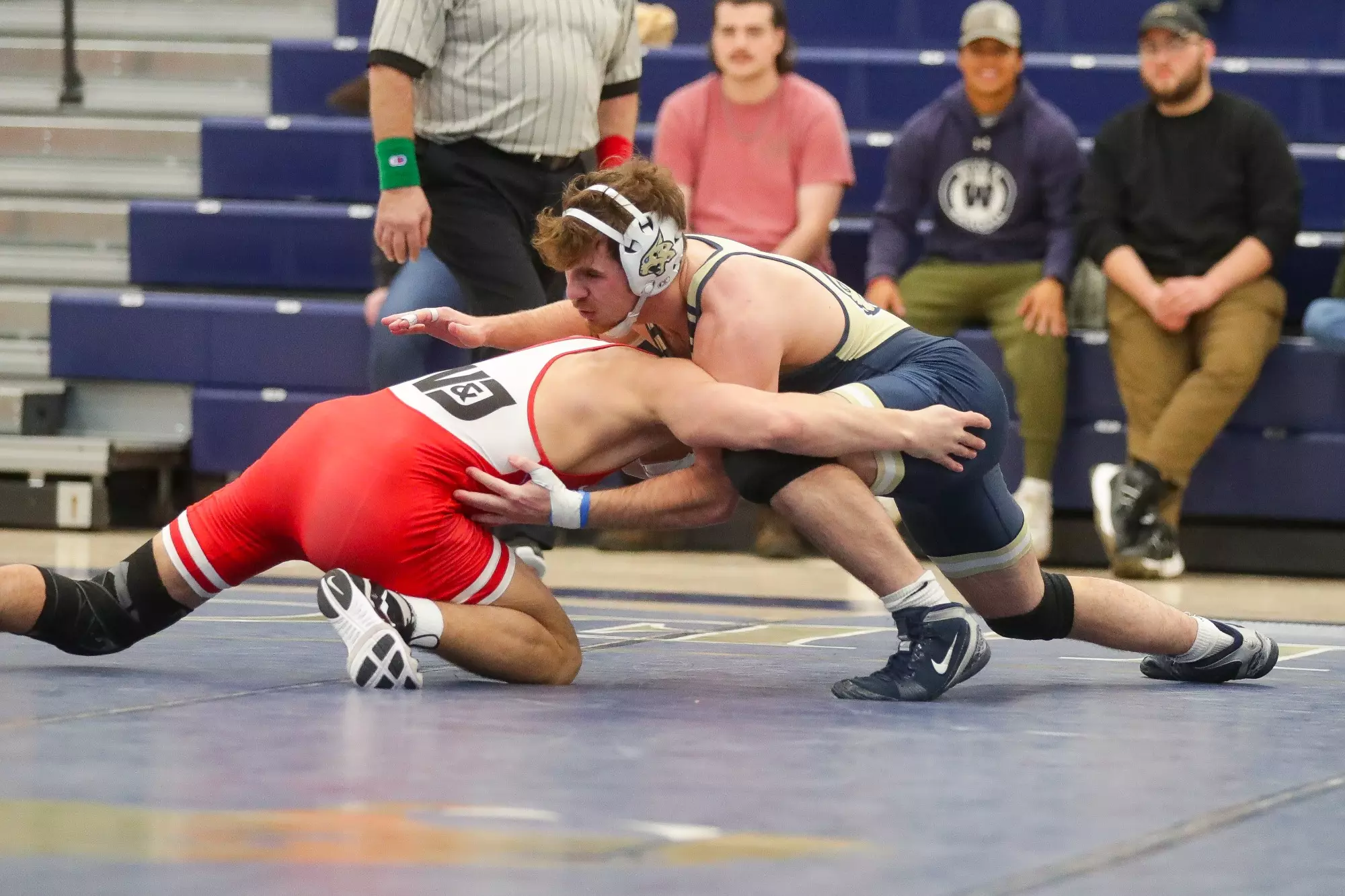The once-promising partnership between Bradley Beal and the Phoenix Suns has come to a bitter and highly publicized end. What began with hope that the three-time All-Star could help propel the Suns to championship contention has concluded in a dramatic split, financial compromises, and public finger-pointing. After weeks of tense negotiations, Beal and the Suns finally agreed on a contract buyout, with the veteran guard surrendering $13.6 million from his deal. As a result, Phoenix will pay him $19 million annually for the next five years—just for him to not wear a Suns jersey again.
This outcome, unusual as it may seem, is becoming increasingly common in today’s NBA as teams look to regain salary cap flexibility, and stars seek environments where they feel fully empowered. However, Beal’s departure has left a bad taste on both sides. The organization appears frustrated by Beal’s inability to stay healthy and produce at a level commensurate with his massive contract, while Beal’s camp believes he was misused and never truly given a platform to thrive in Phoenix.
Beal’s social media sendoff was notably minimal—a simple peace sign emoji posted to his Instagram account. Though understated, the message reflected a sense of finality. And that silence didn’t last long. Not long after the separation was finalized, Beal’s longtime agent, Mark Bartelstein, broke that silence with a pointed statement criticizing the Suns’ management of his client. His comments suggest that Beal was never placed in a position to succeed during his time in Phoenix.
“If you have Brad Beal on your team, you have to let him be Brad Beal,” Bartelstein said. “Otherwise, it doesn’t make sense and you’re not getting the best version of him. That’s what I think is going to happen here with the Clippers.”
With that remark, Bartelstein didn’t just support his client—he took a direct shot at the Suns organization. His message was clear: Phoenix failed to utilize Beal properly, stifling the very talent they paid so handsomely to acquire. Bartelstein’s comments also served as a warning to the league and a vote of confidence for Beal’s next team, the Los Angeles Clippers, where he believes Beal will be restored to his All-Star caliber form.
Beal’s time in Phoenix was statistically solid, if not spectacular. In two seasons, he averaged 17.6 points, 4.3 assists, and 4.1 rebounds per game while shooting an impressive 40.7% from three-point range. However, the advanced analytics and broader context tell a different story. For a player commanding over $50 million annually, with a rare no-trade clause and a recurring injury history, the expectations were sky-high. And many believe he fell short.
Beal was brought to Phoenix to form a “Big Three” alongside Kevin Durant and Devin Booker, but the trio rarely saw the floor together due to injuries and rotation inconsistencies. Chemistry issues plagued the team, and Beal—used less as a primary scorer and more as a complementary option—never seemed fully comfortable. Whether due to poor system fit, coaching decisions, or lingering injuries, his role diminished in a way that seemed to deflate both his value and morale.
Meanwhile, the Suns, under pressure to capitalize on their championship window, were equally frustrated. Beal’s inability to stay on the court consistently, combined with the team’s lack of playoff success during his tenure, ultimately made the financial burden of his contract untenable. The franchise decided that moving on—even at the cost of a $19 million annual dead cap hit—was preferable to continuing a strained relationship.
The tone of Bartelstein’s comments underscores that Beal’s camp doesn’t view this as just a failed experiment—they view it as a mishandling. The sentiment is that Beal, a player who averaged over 30 points per game in Washington just a few seasons ago, was handcuffed in a Suns system that failed to exploit his scoring prowess or allow him to operate as a lead guard. With two other ball-dominant stars already in Phoenix, Beal was often relegated to a spot-up shooter or second facilitator—roles that didn’t suit his strengths or justify his contract.
There is also a sense of finality and closure in how Beal and his agent are speaking. No bridges are being preserved. This is not the typical diplomatic parting of ways. In fact, Beal and Bartelstein appear entirely uninterested in maintaining cordial ties with Phoenix. Given that, fans shouldn’t expect to see a tribute video when Beal returns to Footprint Center next season in a Clippers uniform. The peace sign emoji may well be the last gesture of goodwill from Beal to Suns Nation.
Public reaction has been divided. Some fans sympathize with Beal, believing he never got a fair chance in a disjointed Suns offense. Others side with the franchise, arguing that Beal’s presence didn’t justify his cost and that he failed to deliver in crucial moments. Still others blame both parties equally—for entering a high-stakes marriage without fully understanding what it would take to make it work.
As Beal now joins the Clippers, expectations will once again follow him. In L.A., he’ll have another chance to revive his career and show he still has All-Star-caliber performances left in him. The Clippers, a veteran-heavy team with playoff aspirations, hope that the change in scenery will help him flourish. Bartelstein seems confident that it will.
Ultimately, the Beal-Suns divorce is a cautionary tale about fit, expectations, and the realities of the modern NBA economy. Superstars no longer just need to be talented—they need the right environment, the right role, and the right organizational vision. The Suns tried to go all-in on a trio of stars, but without cohesion and health, it collapsed under its own weight. And Beal, once the centerpiece of the Washington Wizards, leaves Phoenix with his reputation dented and something to prove.
For the Suns, this ends a costly chapter, both financially and competitively. For Beal, it’s a new beginning and perhaps a chance for redemption. But the bitterness of the split suggests that neither side will look back fondly on the partnership.


